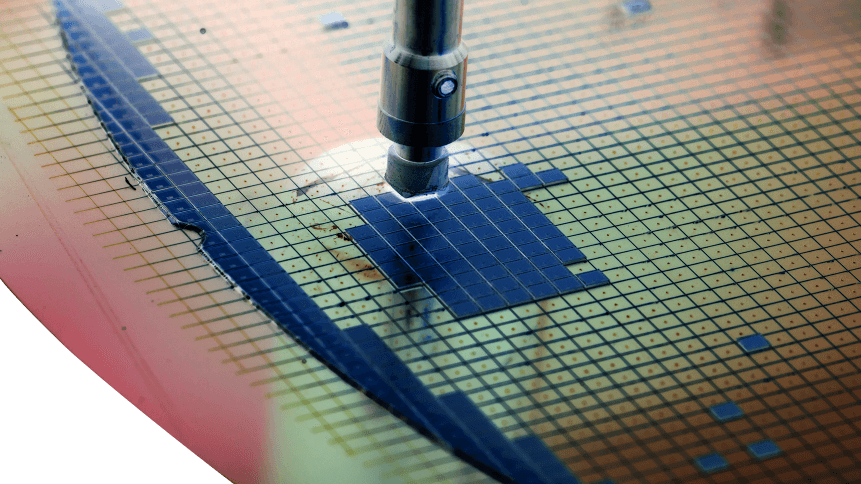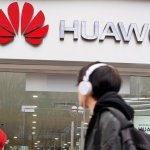UK-based chipmaker ARM to cease Huawei business

Under restrictions imposed by the Trump administration last week, Huawei— among with 68 other firms— is now on a national security blacklist, effectively banning the Chinese company from purchasing US goods.
Analysis by the BBC revealed just how much this would affect Huawei in the medium term. A single motherboard from its flagship P30 Pro phone contains three US-made components, while Huawei has previously listed 33 US companies as core suppliers.
In alleged compliance with the ruling, which is largely seen as an attempt by the US government to thwart Chinese supremacy in emerging tech, Google subsequently barred the smartphone maker from certain updates to its Android operating system.
As a result, new Huawei phones will no longer be able to access certain apps, such as Google Maps and YouTube.
But Huawei has now been dealt a further blow. UK-based chip designer ARM has told staff to suspend all business with the Asian firm. A company memo said that its designs contained “US-origin technology” and were therefore subject to the ban.
Despite a 90-day license on restrictions, ARM staff have been requested to effectively cut communications and support of any kind of technical nature to Huawei contacts and other affected firms.
That includes Huawei-owned HiSilicon, which makes chips using ARM technology.
The withdrawal of ARM is expected to greatly hamper Huawei’s ability to develop the technology its products are built on.
ARM was reportedly the UK’s largest tech firm— employing 6,000 staff— until its takeover by Japanese telco Softbank in 2016. The Cambridge headquartered company doesn’t actually create chips but licenses the use of its technology and system-on-chip architecture to other companies.
Processors based on ARM designs are used in all classes of computing devices. Systems such as iPhones, for example, will include an array of different components from various providers that include one or more licensed ARM cores.
Huawei is the third largest buyer of semiconductor chips, according to Gartner, so it has worked closely with ARM over its years in operation.
Much of the Chinese firm’s groundbreaking innovation has been made possible by the licensed technology. At CES 2019 this year, Huawei unveiled the ‘world’s best’ ARM-based CPU, the Kunpeng 920 based on the ARMv8 architecture license, which it said could provide 25 percent higher computing performance and 30 percent less power consumption than industry counterparts.
YOU MIGHT LIKE

Huawei launches ‘highest-performance’ ARM-based CPU
On Tuesday, Huawei’s founder Ren Zhengfei, said US restrictions on the firm “underestimate our abilities”.
Speaking to Chinese reporters, he played down the impact this would have on the business and said “supply backups” were in place, with the company having developed a “Plan B” for US supplier cut-off for “many years”.
Part of that plan included creating a stockpile of chips which could last up to a year following the ban, while HiSilicon— although restricted by the ARM withdrawal— will become the firm’s primary supplier.
While some analysts have said Chinese resources would likely be sub-par in replacement, in part owed to its nascent semiconductor industry, others suggest the move by the US could backfire, with Huawei likely to “redouble its efforts to be technologically self-reliant.”
Zhengfei also reaffirmed its commitment to leading in 5G technology within the next “two to three” years— 5G would “absolutely not be affected”, he said.









